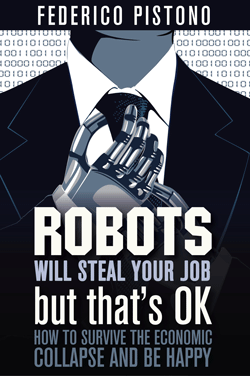Jun 3, 2013
Stephen L. Coles is DYING and NEEDS your Help!
Posted by Franco Cortese in categories: biotech/medical, finance, life extension
*** PLEASE alert your friends—Our own continued health and longevity may depend on Steve continuing his work.***
This call for support was also posted by Ilia Stambler on the Longevity Alliance Website, and organized on YouCaring.com by John M. Adams. Eric Schulke has also helped tremendously in spreading the word about the Fundraiser.
Since founding the Los Angeles Gerontology Research Group in 1990, Dr. L. Stephen Coles M.D., Ph.D., has worked tirelessly to develop new ways to slow and ultimately reverse human aging.
Everyone active in the LA-GRG or the Worldwide GRG Discussion Group have benefited from his expertise. His continual reporting of news about the latest developments to the List and his work in areas such as gathering blood samples for a complete genome analysis of the oldest people in the world (supercentenarians, aged 110+) is ground breaking and far ahead of anything that has ever been accomplished before. Publication of this work is expected in collaboration with Stanford University before the end of the year. Other accomplishments are equally notable
Continue reading “Stephen L. Coles is DYING and NEEDS your Help!” »














